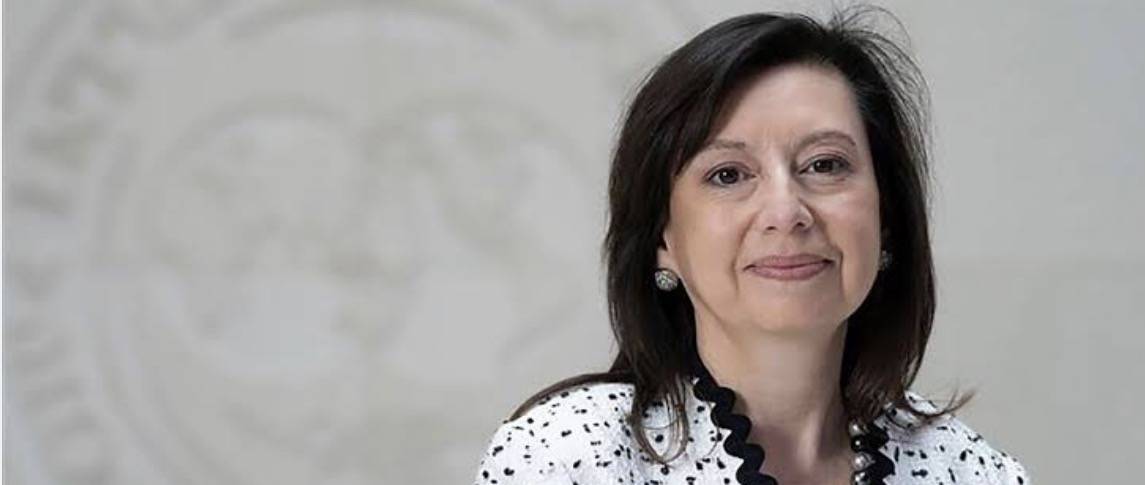IMF Affirms Ghana's Path to Fiscal Discipline Beyond 2026
The International Monetary Fund (IMF) has expressed confidence in Ghana's ability to sustain fiscal discipline following the completion of its Extended Credit Facility (ECF) arrangement in May 2026. At a recent press briefing in Washington, D.C., IMF Director of Communications Julie Kozack highlighted the country's commitment to long-term economic stability through comprehensive fiscal reforms.
Strengthening Fiscal Governance
Central to Ghana's fiscal strategy is the implementation of a robust Fiscal Responsibility Framework. This framework mandates an annual primary fiscal surplus of at least 1.5% of Gross Domestic Product (GDP) and sets a public debt ceiling of 45% of GDP. These targets are legally binding, ensuring that fiscal policy remains anchored in sustainable practices.
Additionally, the establishment of an independent fiscal council aims to enhance oversight and accountability in public financial management. The council's role is to provide objective assessments of fiscal policies and their alignment with the country's economic objectives.
Public Financial Management Reforms
The IMF commended Ghana's efforts to improve public financial management, focusing on enhancing the efficiency and transparency of public spending. Reforms include strengthening budget controls, undertaking comprehensive audits of accumulated arrears, and ensuring that spending commitments align with available resources. These measures are designed to minimize fiscal risks and promote prudent financial practices.
Debt Restructuring and Economic Stability
In June 2025, Ghana's parliament approved a $2.8 billion debt relief agreement with 25 creditor nations, including China, France, the United States, Germany, and the United Kingdom. This agreement reschedules debt service payments due from late 2022 through 2026, with repayments deferred until between 2039 and 2043. Interest rates on the restructured debt range from 1% to 3%, offering Ghana favorable terms below market rates. The debt restructuring is a critical component of Ghana's strategy to restore macroeconomic stability and achieve debt sustainability.
IMF's Continued Support
The IMF has continued to monitor Ghana's economic performance through regular reviews. In July 2025, the IMF Executive Board completed the fourth review of Ghana's ECF arrangement, allowing for an immediate disbursement of about $367 million. While acknowledging challenges such as pre-election fiscal slippages and inflation above program targets, the IMF recognized the government's decisive actions to address these issues, including enacting a strong budget, tightening monetary policy, and adjusting electricity prices. (IMF)
Outlook for Post-Program Fiscal Discipline
Looking ahead, the IMF emphasizes the importance of maintaining the momentum of fiscal reforms to ensure long-term economic stability. The Fund encourages Ghana to continue strengthening revenue administration, bolstering public financial management, and improving the management of State-Owned Enterprises (SOEs). These efforts are essential to creating an environment conducive to private sector investment and fostering sustainable economic growth.
In conclusion, the IMF's endorsement underscores Ghana's progress in laying a solid foundation for fiscal discipline. By adhering to its fiscal responsibility framework and implementing comprehensive reforms, Ghana is poised to navigate the post-program period with a commitment to sustainable economic policies and long-term stability.




No comments yet
Be the first to share your thoughts!